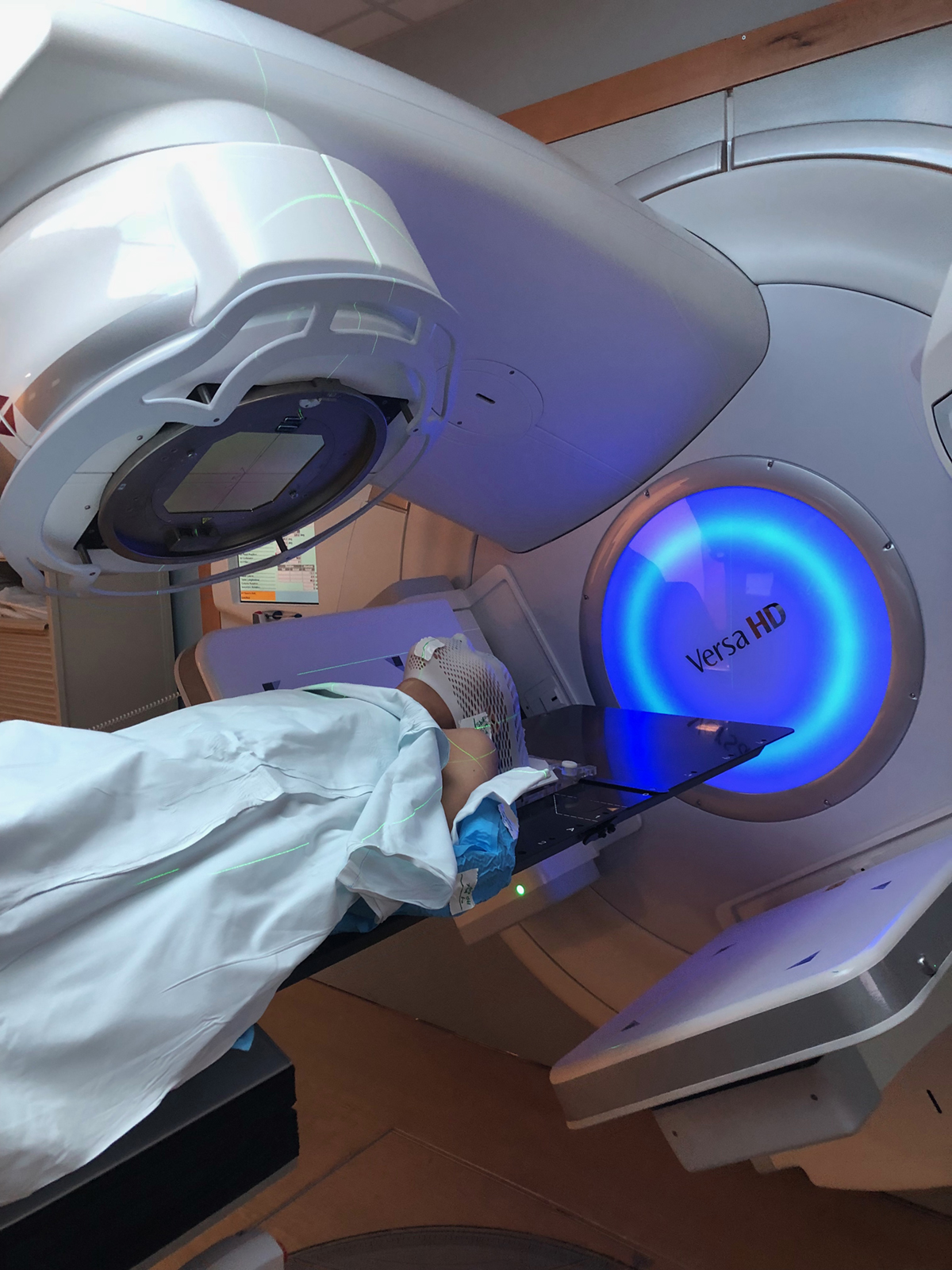
Esophageal Cancer Treatment
When deciding on the type of treatment for esophageal cancer the doctor may opt for more than one treatment approach and radiation therapy is often used along with chemotherapy and surgery. Radiation therapy is probably the first type of treatment the doctors will suggest, especially in cases of stages II and III of esophageal cancer. Stage IV of esophageal cancer is almost never treatable and the main goal of radiation therapy and all the other types of treatment is to alleviate the symptoms of the disease and improve patient's quality of life.
Radiation therapy for the cancer of the esophagus does not have only one type. Medical experts have come up with two types of such treatment and they are external beam radiotherapy and internal radiation therapy.
If the doctor decides that external beam is the best option for the patient, a machine which releases high-energy radiation will be used. Such treatment commonly takes place on an outpatient basis. During a period of a couple of weeks the patient will receive treatment about five times in one week. This type of radiation therapy is quite often accompanied by surgery and chemotherapy.
Brachytherapy is another name for internal radiation therapy. This type of radiation therapy consists of placement of small needles or wires which contain radioactive material directly inside the tumor or next to it. The patient needs to be hospitalized for a period of couple of days in order to receive this treatment. Management of symptoms of esophageal cancer is the main goal of this type of radiation therapy. However, internal radiation therapy can also minimize tumors, ease pain and problems with swallowing. It is many times indicated when tumor is large and inoperable.
The stage of the cancer plays significant role when deciding which type of radiation therapy a patient will receive. The goal of the treatment is taken into consideration as well.
What are Side Effects of Radiation Therapy?
Even though experts do agree that radiation therapy triggers certain side effects it is still used as one of the main treatment options for esophageal cancer because the results are excellent and side effects are usually minimal, transient and well tolerated. Before deciding on the type of treatment, the doctor will talk to the patient about these possible side effects.
Skin irritation in the form of rashes and redness on body areas where radiation therapy is administered occurs almost always. The irritation may precipitate discomfort but should not cause pain. If the patient experiences any pain, he or she is due to consult his/her health care provider.
Loss of appetite is characteristic not only for radiation therapy but also for chemotherapy. If this side effect occurs, patients should continues with the intake of all essential nutrients even though they do not actually feel hungry. What is more, if the tumor or the treatment makes it difficult for the patient to eat, there are other treatment options available.
Fatigue is another side effect which usually accompanies radiation therapy. The main reason why fatigue occurs is because radiation therapy can take quite a toll on the patient. However, there are ways a person can fight this side effect. He/she may exercise, meditate or indulge in a massage. In addition, there are some alternative therapies that can successfully deal with fatigue.
Diarrhea and stomach problems are also reported as side effects of radiation therapy for esophageal cancer. Drinking a lot of water and making sure not to get dehydrated is vital if these health issues occur.
Due to the fact that radiation therapy destroys cancer cell which are located in the throat, one of potential adverse effects is pain while swallowing. This is the main reason why so many patients use a feeding tube during the radiation therapy.
The good thing about practically all side effects of this treatment is that they are not permanent and can be efficiently managed.
Apart from transient problems there are some long-term side effects a patient might experience. Damage to the lungs is the one that occurs most often. All in all, benefits of radiation therapy for esophageal cancer definitely surpass risks and adverse effects so this therapy will certainly remain the most chosen one.



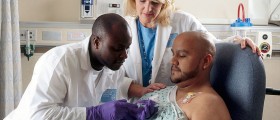
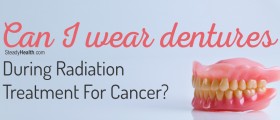

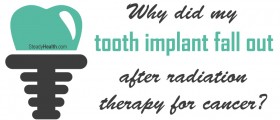



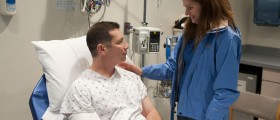

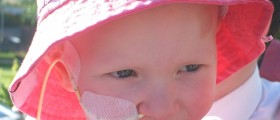
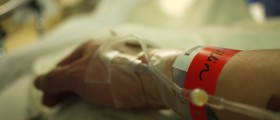

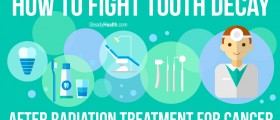

Your thoughts on this
Loading...